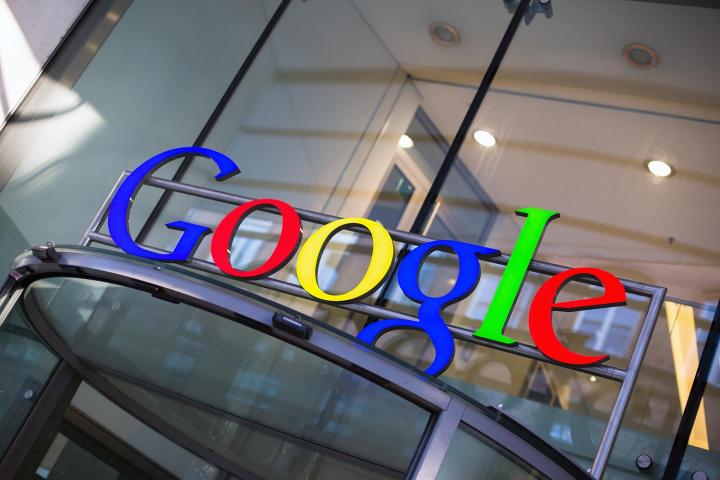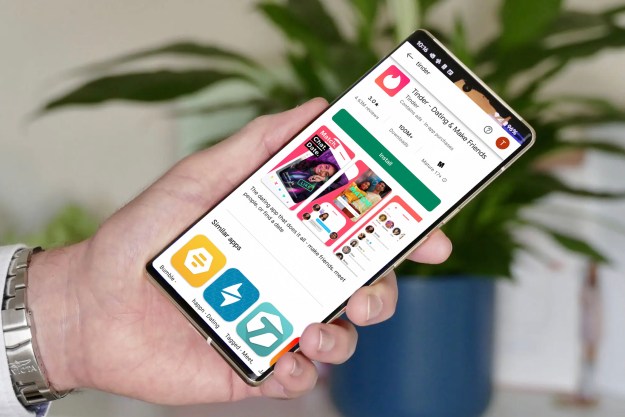
Most of the company’s revenue — totaling $18 billion in the recent quarter — comes from the Google division. The $4 billion profit (same quarter) from Google also covers the $1.5 billion Alphabet is understood to be spending on other divisions.
Pacific Crest uses publicly available data, like employee numbers, revenue, and profits, to figure out where the money is coming from inside Alphabet.
According to the research firm, the value of these “other bets” totals $22 billion, though none of them currently makes a profit. The self-driving cars division is the most valuable, according to Pacific Crest. Ventures is the second most valuable firm, due to its 10-percent stake in Uber.
The lack of profit from other divisions is a worry for Alphabet, which needs to start diversifying its revenue channels. Adverts on the Web continue to dwindle as more people install adblock and it won’t be long before mobile Web ads face a similar fate.
Some divisions will see products launch in the next few years. Nest already sells smart home products, Project Wing is showing promising results, and in Indonesia it plans to use Project Loon in the next year. Other divisions, however, lack any time frame for product launches, including Calico, which focuses on extending life, and Sidewalk Labs, which has the vague goal of “improving life in cities through the application of technology.”
While Alphabet has the money to keep these divisions funded for a long time, investors don’t seem too keen on a third of the company’s profits going towards moonshots.
Editors' Recommendations
- The 6 biggest announcements we expect from Google I/O 2024
- How to save your data from Google’s purge of inactive accounts
- Wildfire smoke prompts Google to issue work-from-home advisory
- Your Google One plan just got 2 big security updates to keep you safe online
- One year later, Magic Eraser is still the Google Pixel’s best party trick
